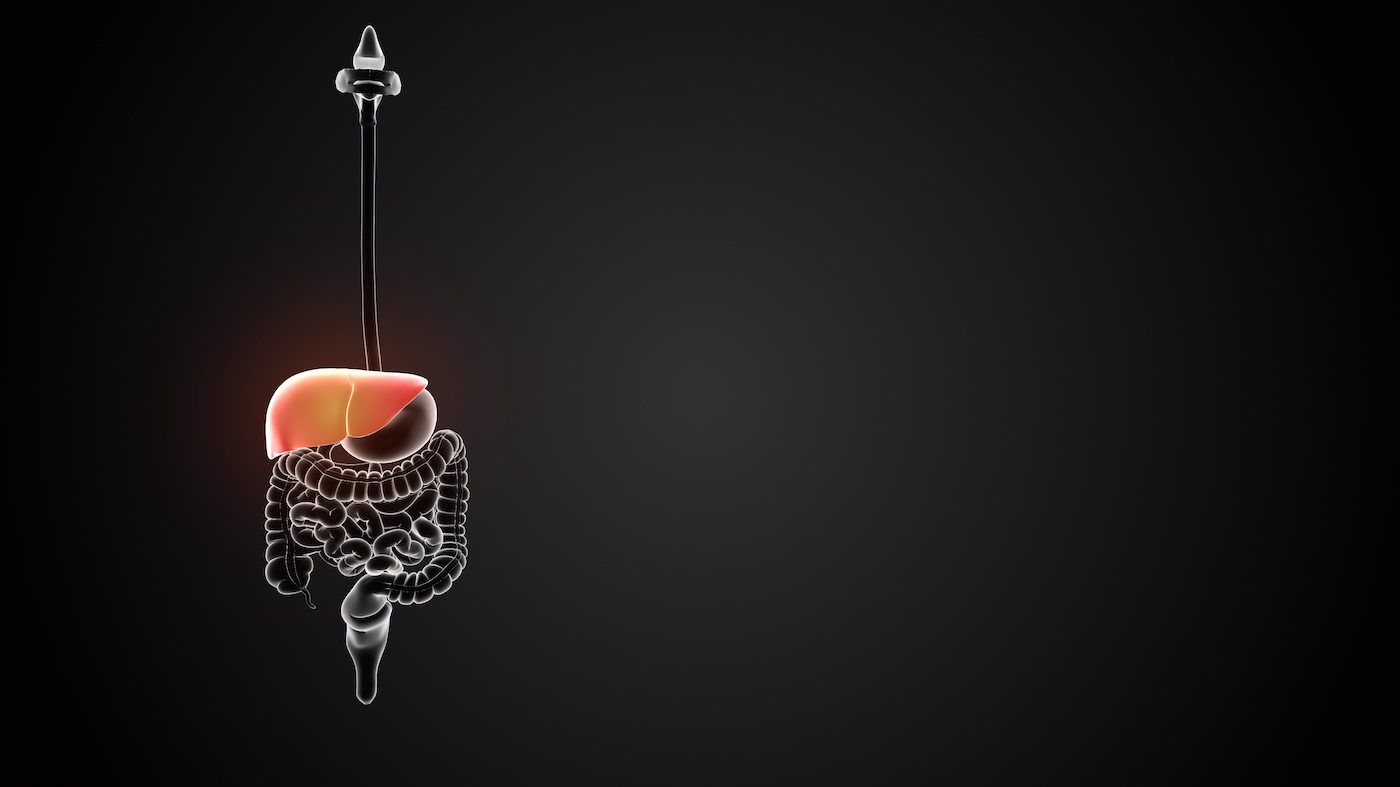a new study has found that a single drug may be capable of reversing the effects of a currently incurable form of liver disease. the research, which appears in the journal
proceedings of the national academy of sciences, showed the potential of this medication to address the devastating effects of alagille syndrome, a rare genetic disorder that prevents the formation and regeneration of the liver’s bile ducts. without proper drainage, the ensuing buildup of bile can damage the liver and lead to a range of other problems,
according to sickkids hospital.
the disorder, which is estimated to affect between one in 30,000 to one in 40,000 newborns, has a 75 per cent mortality rate by late adolescence in the absence of a liver transplant.
“alagille syndrome is widely considered an incurable disease but we believe we’re on the way to changing that,”
said duc dong, the study’s lead researcher and an associate professor at
sanford burnham prebys graduate school in california. “we aim to advance this drug into clinical trials and our results demonstrate its effectiveness for the first time.”
the new drug, known as nora1, works by activating the notch pathway, a cell-to-cell signalling system that helps coordinate many fundamental biological processes. the notch pathway, which is present in almost all animals, has a hand in alagille syndrome and several other diseases. children born with this form of liver disease possess a genetic mutation that leads to a reduction in notch signalling, which impedes liver duct growth and regeneration.
 3 minute read
3 minute read









